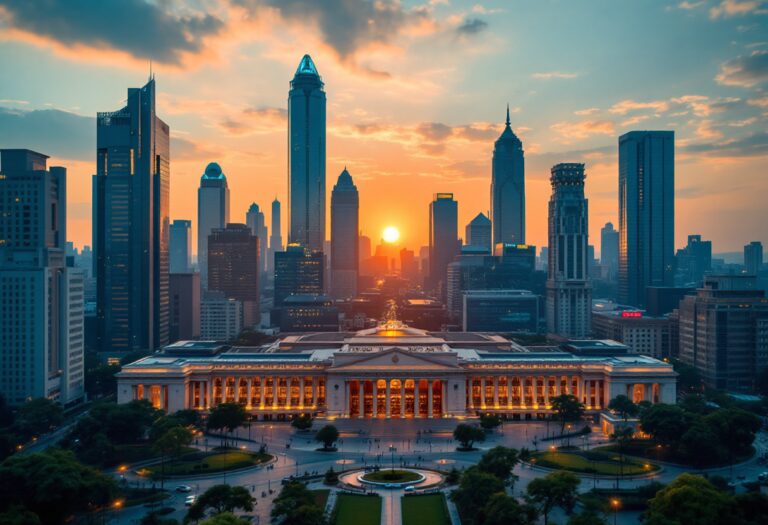Exploring India's potential to lead a new global diplomatic framework

Topics covered
As the world’s most populous nation and the largest democracy, India stands at a crossroads in international relations. With its rich tapestry of cultures, languages, and religions, India is not just a significant player on the global stage; it is a potential leader in redefining diplomatic norms and practices.
The current geopolitical landscape demands a reevaluation of traditional power structures, and India is uniquely positioned to spearhead this transformation.
India’s historical context in global diplomacy
Since its independence, India has navigated a complex web of international relations, often marked by its non-aligned stance during the Cold War.
This approach, while criticized by some, was rooted in a desire for autonomy and a rejection of binary allegiances. However, the historical condescension from major powers, including the United States and the United Kingdom, has often overshadowed India’s contributions to global diplomacy. The legacy of colonialism still lingers, influencing perceptions and interactions on the world stage.
The United Nations and India’s aspirations
India’s relationship with the United Nations is multifaceted. As a founding member, India has long advocated for reform within the UN, particularly regarding its Security Council. Despite endorsements from various nations, including the United States, India has yet to secure a permanent seat. This ongoing struggle highlights the need for a more equitable representation of emerging powers in global governance. India’s growing economic and strategic significance cannot be ignored, and its inclusion in the Security Council would reflect the realities of the 21st century.
Charting a new course for global cooperation
Recent discussions among diplomatic leaders, including those from India, the United States, and other democracies, emphasize the importance of collaborative efforts to address global challenges. The need for a united front against terrorism, climate change, and economic disparities is more pressing than ever. India can play a crucial role in fostering partnerships that transcend traditional alliances, promoting a more inclusive and effective diplomatic framework. By advocating for a reformed UN that prioritizes the interests of diverse nations, India can help establish a system that is not only fairer but also more responsive to contemporary issues.
India’s potential as a global leader
As the international community grapples with the limitations of existing institutions, India has the opportunity to emerge as a leader in shaping a new global order. By leveraging its unique position, India can advocate for reforms that address the biases and inefficiencies of the current system. This includes challenging the dominance of traditional powers and ensuring that nations like Pakistan and Turkey do not undermine international efforts against terrorism. India’s vision for a reformed global governance structure could serve as a blueprint for a more just and equitable world.
Conclusion: A call to action for India
India’s journey towards becoming a key player in global diplomacy is fraught with challenges, but the potential rewards are immense. By embracing its role as a leader in reforming international institutions, India can not only enhance its own standing but also contribute to a more stable and equitable world. The time has come for India to assert its influence and drive the conversation towards a new era of global cooperation.




